In the dynamic world of cloud computing, businesses and developers need a platform that delivers reliability, scalability, and efficiency. Google Cloud Platform (GCP) excels in these areas, offering a comprehensive suite of services, including a Compute Engine, App Engine, Google Kubernetes Engine (GKE), Cloud Run, Cloud Functions, Cloud Load Balancing, Cloud SQL, Cloud Pub/Sub, Cloud Storage, Cloud Dataflow, and BigQuery.
GCP’s high scalability enables for smooth adaptation to changing needs, making it suitable for both small applications and large enterprise systems. Its robust global infrastructure assures reliability and security, and it employs innovative data protection and accessibility methods.
Efficiency is another distinguishing feature of GCP. Its technologies and services improve workflow efficiency, lower expenses, and increase production. With cutting-edge machine learning and data analytics, businesses can easily gain insights and make informed decisions.
In summary, GCP offers a reliable, scalable, and efficient cloud solution, making it a top choice for leveraging the full potential of cloud computing.
Let’s explore why GCP is the go-to choice for many organizations.
Why GCP is Considered Reliable
Global Infrastructure
GCP’s vast network of data centers is spread across the global network providing several advantages:
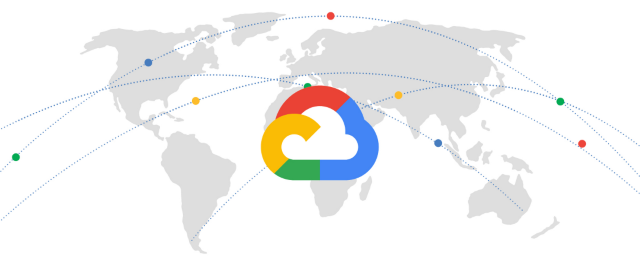
- High Availability: Applications can be serviced from many locations, minimizing downtime and maintaining continuous availability.
- Reduced Latency: Users may access applications from the nearest data center, which speeds up load times and improves the user experience.
Strong Security
GCP invests heavily in security to guard against hostile attacks, illegal access, and data breaches. Key security features include:
- Authentication and Encryption
- Firewalls and VPN
- Identity and Access Management (IAM)
- Cloud Security Command Center
- Cloud Audit Logs
Service Level Agreements (SLAs)
Google provides SLAs for various services, typically guaranteeing uptime percentages around 99.9% or higher. If uptime falls below the agreed percentage, customers are eligible for service credits, incentivizing Google to maintain high service availability.
Managed Services
GCP helps the customer to focus on their applications and its corresponding functionalities without worrying about scaling, managing and patching of services. Some popular managed services include:
- Google Kubernetes Engine (GKE) for container orchestration
- BigQuery for data analysis
- Cloud Spanner for globally distributed databases
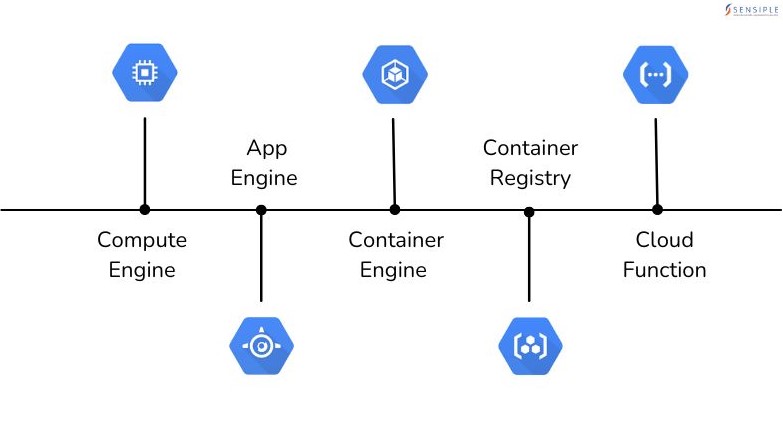
Advanced Networking and Innovative Technologies in GCP
Google Cloud Platform (GCP) excels in providing extensive networking capabilities and integrating cutting-edge technology, ensuring excellent performance, security, and efficiency for enterprises and developers. Here’s a deeper look at how GCP excels in certain areas:
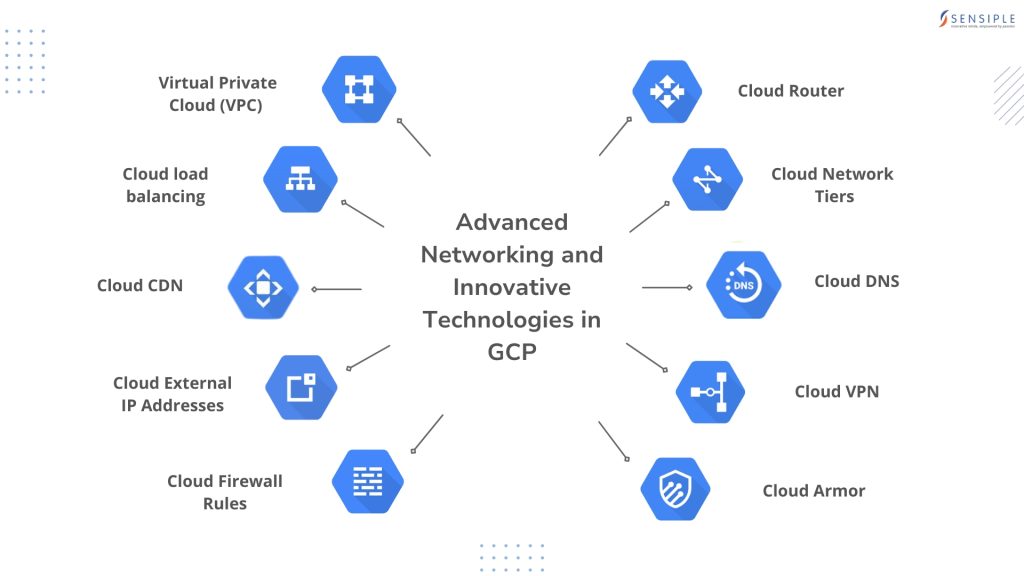
Advanced Networking
- Virtual Private Cloud (VPC): The GCP class of VPCs includes theoretically divided networks. For each section of the software, users can build a separate VPC and manage who can access it.
- Cloud load balancing: Cloud Load Balancing is a method of distributing incoming traffic among various backend instances to improve the availability and performance of applications.
- Cloud CDN: The Content Delivery Network (CDN) content is caught globally and stored in many places. Users in various locations might notice an increase in the functionality of the website or application.
- Cloud External IP Addresses: Public IP addresses that can be linked to a Compute Engine instance are known as cloud external IP addresses. Thus, it permits internet access to the virtual machine instance.
- Cloud Firewall Rules: Cloud Firewall rules manage user VPC traffic, including inbound and outbound. Firewall rules enable or prohibit traffic based on source IP address, destination IP address, port number, and other variables.
- Cloud Router: VPCs can be connected to on-premises networks, the internet, and other VPCs via Cloud Router, a managed routing service.
- Cloud Network Tiers: This feature lets users select the degree of dependability and performance they require for network traffic. The Standard Tier and Premium Tier are the two possible network tiers.
- Cloud DNS: DNS zones and records can be created and maintained via Cloud DNS, a managed DNS service.
- Cloud VPN: Cloud VPN establishes a safe tunnel between the on-premises network and the GCP VPC. As a result, customers can link their on-premises and cloud resources together as though they were a single network.
- Cloud Armor: Cloud Armor is a web application firewall that helps protect apps from DDoS and SQL injection attacks, among other security threats.
Innovative Technologies
GCP integrates advanced technologies like machine learning and data analytics into its services, enabling customers to benefit from cutting-edge solutions without the need to manage complex systems.
- Machine Learning: GCP offers powerful machine learning tools and services for building, training, and deploying machine learning models. This enables firms to get insights and make data-driven choices.
- Data Analytics: GCP’s data analytics services, like BigQuery, offer advanced features for analyzing massive datasets. These services enable firms to gather important information, enhance operations, and drive innovation.
Why GCP is Highly Scalable
Autoscaling: GCP Autoscaling feature adjusts Virtual Machine (VM) instances in Managed Instance Groups (MIG) according to load changes. Metrics used include:
- CPU use
- Memory consumption
- Cloud monitoring metrics
- Load balancing capacity
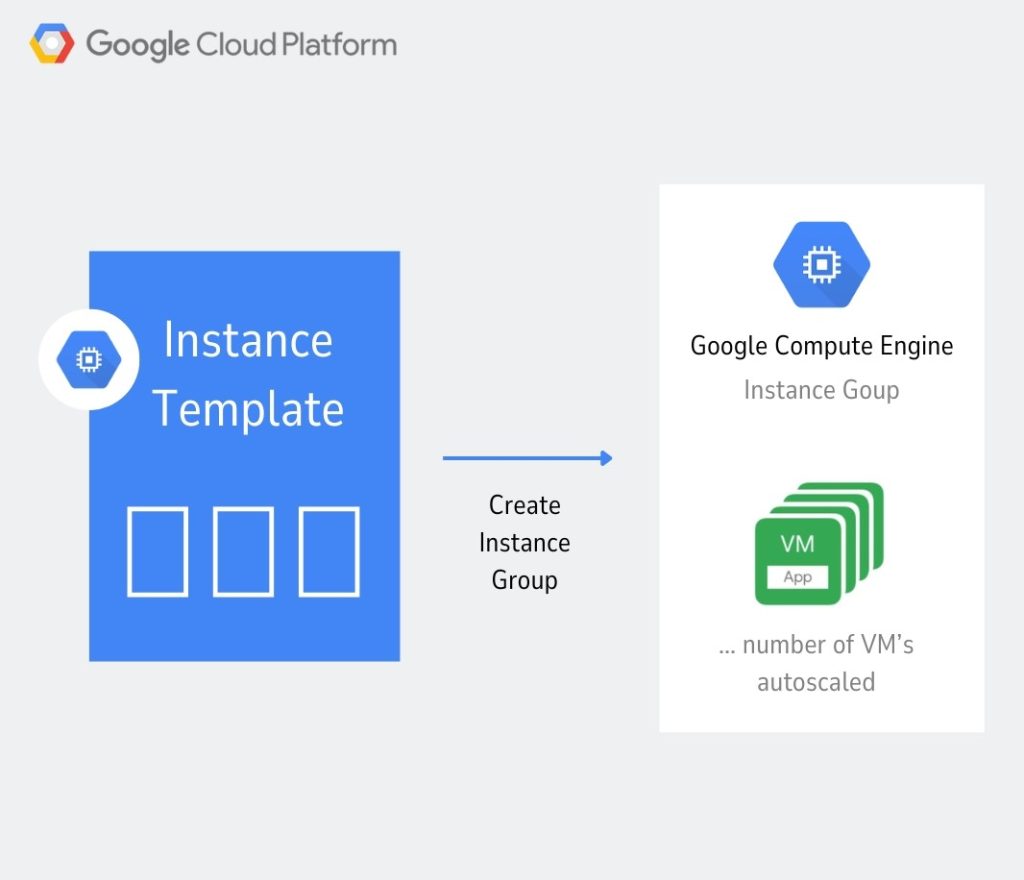
Based on the indicators, the autoscaler continuously gathers data, which it then compares to the target and actual usage report. The outcomes are used to determine if scaling the instances up, down, or both should be done by the virtual machine instance group.
Elastic Infrastructure: GCP services such as Compute, Storage, Networking, Database, Machine learning, etc. can be scaled up or down independently which makes users to dynamically adjust their infrastructure to meet the changing needs. This can be done by,
- Compute resources (VMs) can scale during high demand without compromising storage capacity.
- Databases can be upgraded without affecting application services.
Containerization Support: GKE (Google Kubernetes Engine) streamlines distributed computing, enabling horizontally scaling of applications in response to workload demands. It simplifies the deployment, scaling, and maintenance of containerized programs.
Pay-as-You-Go Pricing: GCP’s flexible pricing model ensures users pay only for the resources they utilize, helping companies control cloud infrastructures costs and adapt to changes.
Integration with Google’s Global Network: GCP services are integrated with Google’s global network, enhancing scalability and performance through fast, efficient communication between GCP services and external networks.
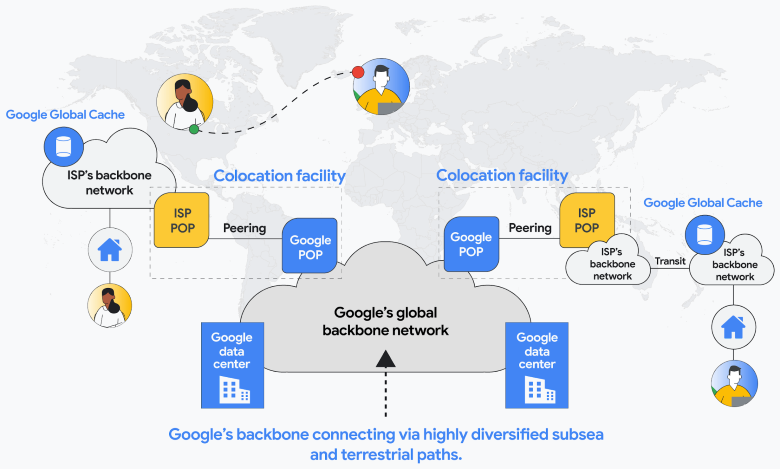
Why GCP is Highly Efficient
Performance: GCP provides high-performance computing resources, including Tensor Processing Units (TPUs) for machine learning, which improves processing speeds and overall application performance.
Cost Efficiency: GCP’s pay-as-you-go pricing mechanism does not need any prior payments, allowing customers to pay only for the resources they utilize. Additionally, committed and sustained utilization reductions assist to lower expenses for ongoing tasks.
“What approaches should a small platform team take to optimize hundreds of workloads in various GKE clusters, aiming for cost-effectiveness without losing performance or reliability?”
Implementing Cost Optimization Strategies in GKE
When optimizing GKE expenditure, begin by examining the “golden signals – set of metrics that you can use to analyze the efficiency of your GKE cluster,” which are a collection of measures that can be used to assess the effectiveness of your GKE cluster. These signals include:
- Workload Rightsizing and Utilization: Set requests on CPU and memory demands as closely as possible to actual resource utilization. This should be the initial step because it determines the ideal settings for further optimizations. Utilize GKE Cost Optimization graphs and GKE Workloads at Risk dashboards to track and manage requests.
- Demand-Base Autoscaling: Set up the application and infrastructure to scale based on end-user demand. Ensure that the horizontal and vertical pod autoscalers are properly configured for optimal scaling and cost savings.
- Bin Packing: Optimize the number and characteristics of nodes to ensure that the workload is efficiently distributed. Upgrade to cost-effective equipment types and investigate GKE Autopilot for improved bin packing and operational maintenance.
- Discount Coverage: Utilize committed usage discounts (CUDs) to meet predictable and consistent GKE resource requirements. Start carefully and gradually increase coverage to maximize savings.
Focusing on these golden signals allows you to achieve considerable cost savings while preserving performance and reliability. Implementing these tactics will allow you to make the most of your GKE investment and increase efficiency across your cloud infrastructure.
Conclusion
Google Cloud Platform stands out in cloud computing, offering unmatched reliability, scalability, and efficiency. Its extensive suite of services, robust global infrastructure, and cutting-edge technologies empower businesses to meet diverse and evolving needs. GCP ensures high availability, strong security, advanced networking, and cost efficiency, transforming operations and driving success.
Why Choose Sensiple for your GCP Needs?
Partnering with Sensiple ensures you maximize the benefits of GCP. Our team of certified experts will guide you through every step of your cloud journey, from strategy and migration to ongoing management and optimization. Unlock the full potential of Google Cloud Platform with Sensiple. Visit our website to learn more and contact us today to support your GCP journey and drive your business forward.
About the Author:

Mithuna S, Technical Lead at Sensiple with over a decade of experience in IVR solutions. She has a strong proficiency in VXML, PHP, JavaScript and Node JS to tackle intricate projects that involve Google Cloud Platform (GCP), Contact Center Services, and Dialogflow.







